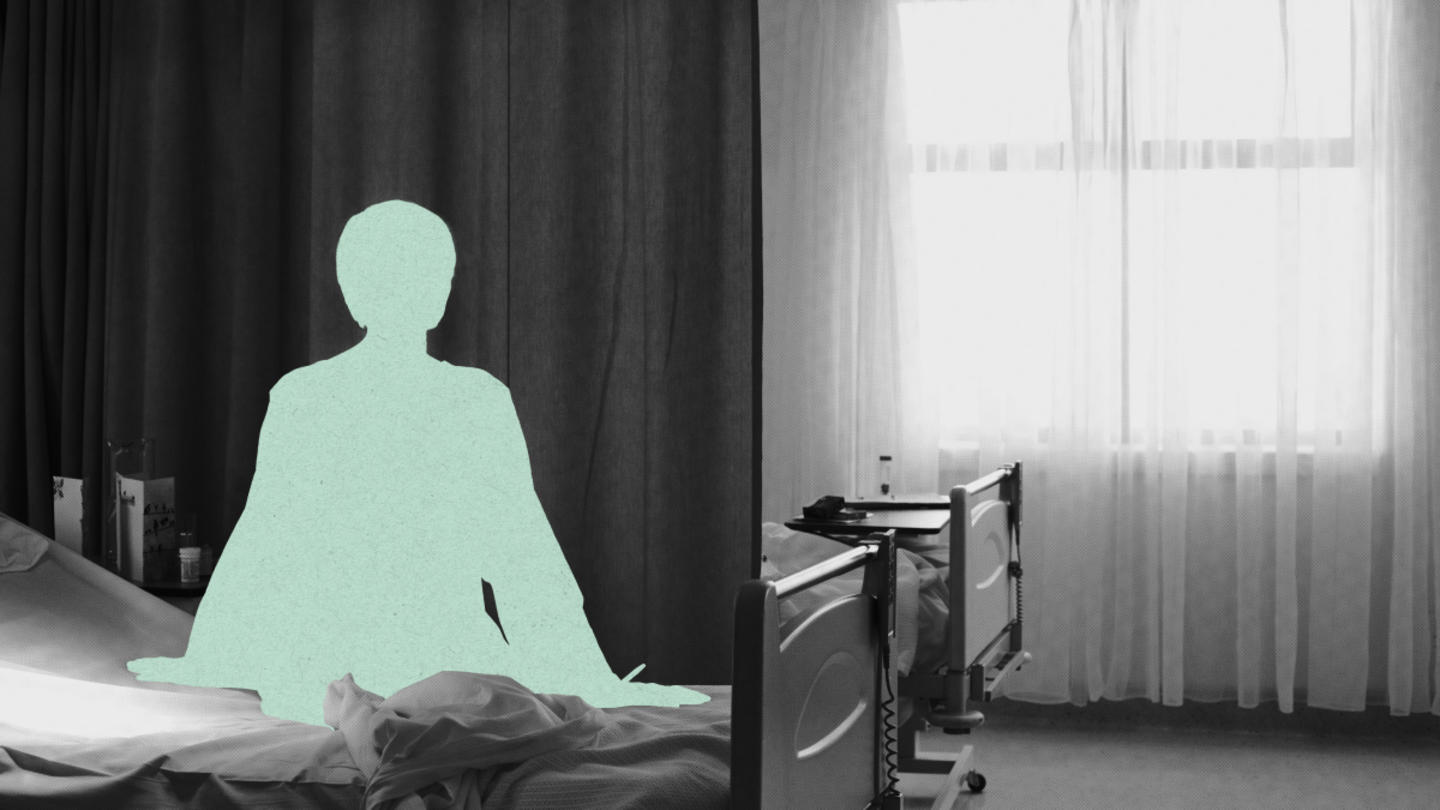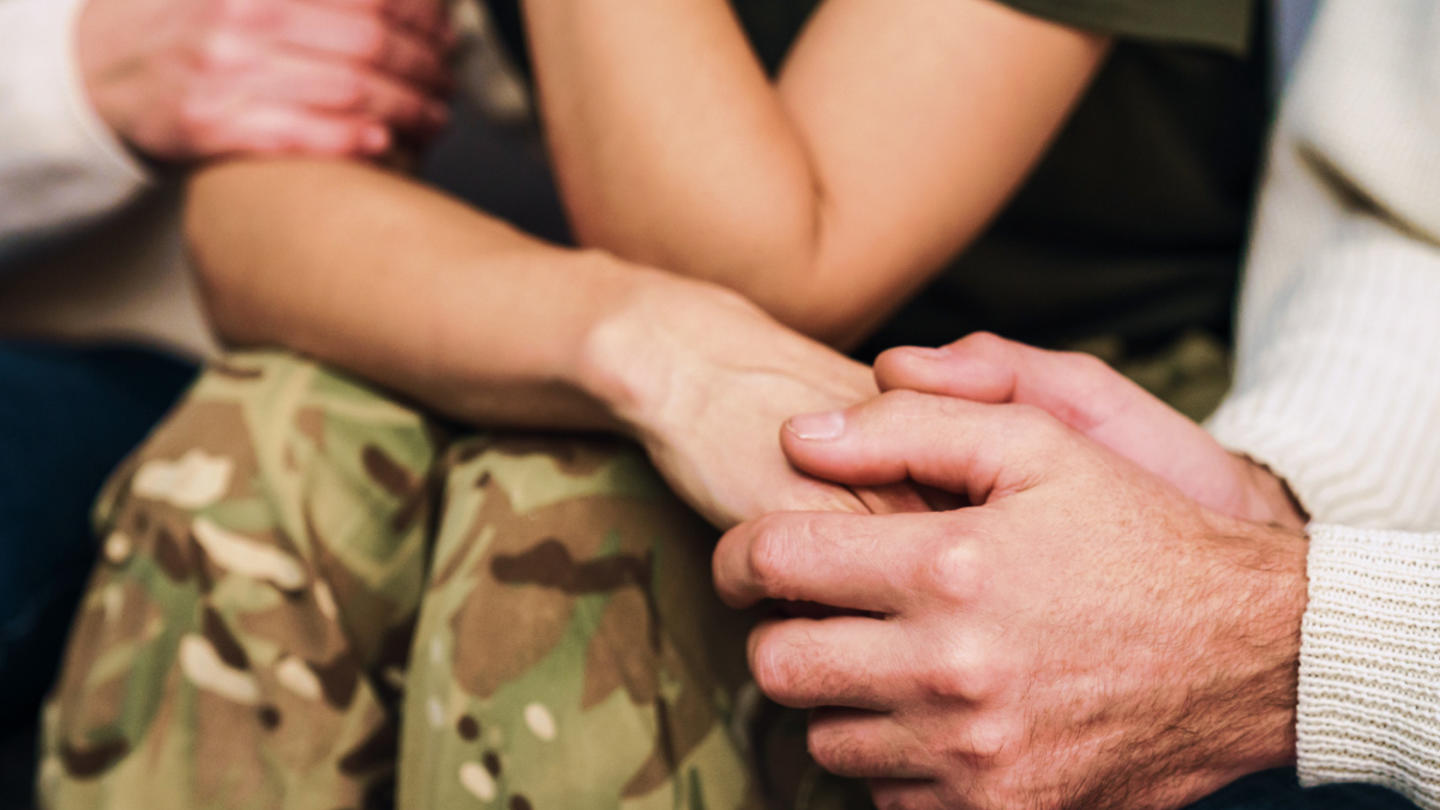When Marie, 58, was diagnosed with breast cancer, she knew she needed help — but she didn't know what help looked like.
As an immigrant living in Florida, Marie had language and cultural barriers keeping her from understanding how the health care system worked. Insurance was available to her, but she didn't know how to access it given her specific needs. Intimidated and confused, she lived without treatment for three years.
One day, listening to a radio station in her native Hatian Creole, she heard about the Promise Fund of Florida, a South Florida-based nonprofit that helps immigrant women like herself find care for breast and cervical cancer. Marie contacted their office, and quickly was connected to Sheena, her "Patient Navigator."
Sheena spoke Haitan Creole and was familiar with Marie's Haitian community. She enrolled Marie on a health insurance plan and made appointments for her treatment.
Within days of meeting Sheena, Marie had an oncology appointment. Within three weeks, she had an MRI and PET scan.
The Promise Fund of Florida was founded by Nancy Brinker, who also founded the Susan G. Komen Foundation. The Promise Fund focuses on removing barriers to breast and cervical cancer treatment, which is pronounced among women in Florida. Through its unique patient-navigator model, the Promise Fund doesn't simply provide access to care: it educates and empowers women to advocate for themselves and take power over their own health.
Access to healthcare varies significantly
"Breast cancer is 95% curable when caught early," says Karen Patti, chief operating officer of the Promise Fund. "So why are so many women dying from these diseases? The answer is unequal access to care."
Access varies by state, too. In 2016, Florida was ranked last amongst all states for nonelderly women who have access to health insurance coverage. Uninsured or underinsured women have "poorer health outcomes" than those with insurance, according to the Kaiser Family Foundation. They have subpar access to medical care, including crucial preventative checks. In fact, they are less likely to have a regular doctor at all.
As a result, many cancer diagnoses are made at advanced stages that are less curable. In Palm Beach County, for example, 45% of cervical cancers and 30% of breast cancers are at an advanced stage before they're diagnosed.
These imbalances are especially pronounced amongst immigrant populations, which make up one-fifth of Florida's population. They are also particularly pronounced amongst women of color more broadly, who compared to white women, are 72% more likely to be diagnosed with invasive breast cancer and 127% more likely to die from breast cancer — all before age 50.
To be sure, having health insurance is not the only solution. For those with limited income, insurance gaps, or even transportation issues, the process of pursuing and paying for screening exams can be challenging at best — and a barrier to care at worst.
"Another component is just fear," Patti says. "Not knowing, especially if there's an immigration status issue. You don't know what's going to happen if you enter into the medical system." Patti notes that cultural differences — like not wanting a male physician — also plays a role.
The Promise Fund of Florida starts from a foundation of empathy and inclusivity. They work to maximize accessibility, from free clinics to federally qualified health care centers. Some facilities use only female physicians, to address cultural concerns over seeing a male doctor.
"Oftentimes these women are met with other barriers to care," Patti says. "There may be issues with transportation, food insecurity, child care, insurance... Many of our patients don't have a regular doctor so they rely on going to the ER or the OR for episodic care. Our model is helping to be a champion of preventative care and ensuring that people are connecting with a primary care physician."
With the Promise Fund of Florida, breast and cervical cancer prevention is a community effort
At the center of the Promise Fund of Florida's model are its navigators: staff members paired with women to help guide their health journey with dignity and empowerment.
While typical healthcare treatment is often top-down and one-size-fits all, the Promise Fund ensures that women have individualized treatment plans. Navigators are bilingual and often also live and work within the communities of individuals they're serving. Trust and understanding is key.
"We know that promises are kept by people that we trust, and by building that trust with our navigators and the community, they become familiar faces," says Patti. "It's a lot of word of mouth and changing preconceived notions."
This bottom-up, community-based care helps women navigate the sometimes-complicated and scary world of preventative care and treatment.
"If we do have a patient that's diagnosed with cancer and goes through our Promise Fund continuum of care with the help of their Patient Navigator, they never talk about the cancer at the end," Patti says. "All that we hear about is the relationship they had with the navigator, how much the navigator means to them and how much they developed this trusted relationship."
The Promise Fund hopes to make breast and cervical cancer prevention routine for all women
In 2020, the Promise Fund of Florida opened its first Women's Health Center co-located at Foundcare, a federally qualified health care center in West Palm Beach. This enabled women to not only obtain preventative screenings thanks to new 3D mammography and ultrasound equipment donated by HOLOGIC, it also allowed them to pair this treatment with having a primary care physician.
Prior to the Promise Fund's partnership, only 10% of the women referred to the center had the recommended screenings. Thanks to the new equipment, that number is now nearly 60%. Early screening is a vital part of long term survival and better outcomes.
Overall, though, the Promise Fund of Florida's goal doesn't end at simply preventing cancer. Its greater work is in increasing literacy about healthcare and empowering women to become more informed agents of their health care journey for diagnosis, treatment, and survivorship.
On that end, Marie is currently receiving chemotherapy for her breast cancer — and the prognosis is good.
"She's responding well to the treatment," Patti says. "It's patients like her who thankfully found out about the Promise Fund through community outreach — it's women like that who shouldn't be suffering."
The Promise Fund of Florida is supported by Stand Together Foundation, which partners with the nation's most transformative nonprofits to break the cycle of poverty.
Learn more about Stand Together's health care efforts, and explore ways you can partner with us.




